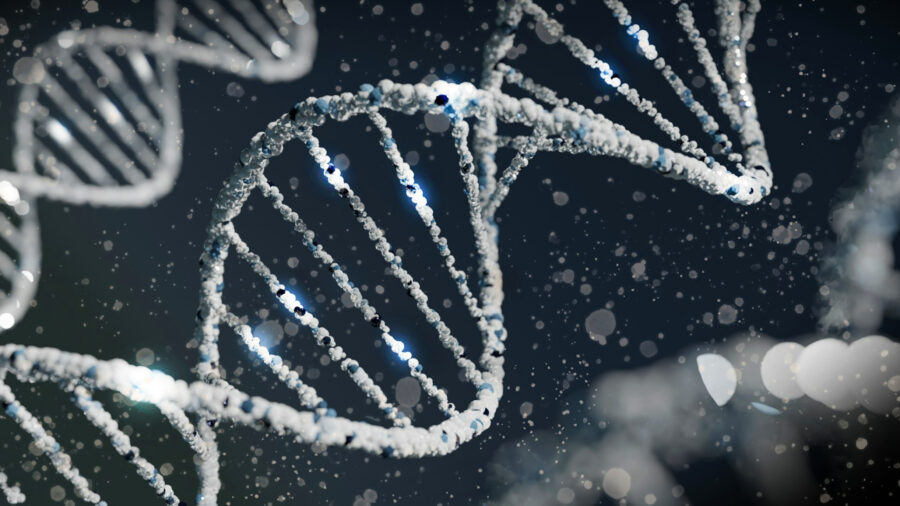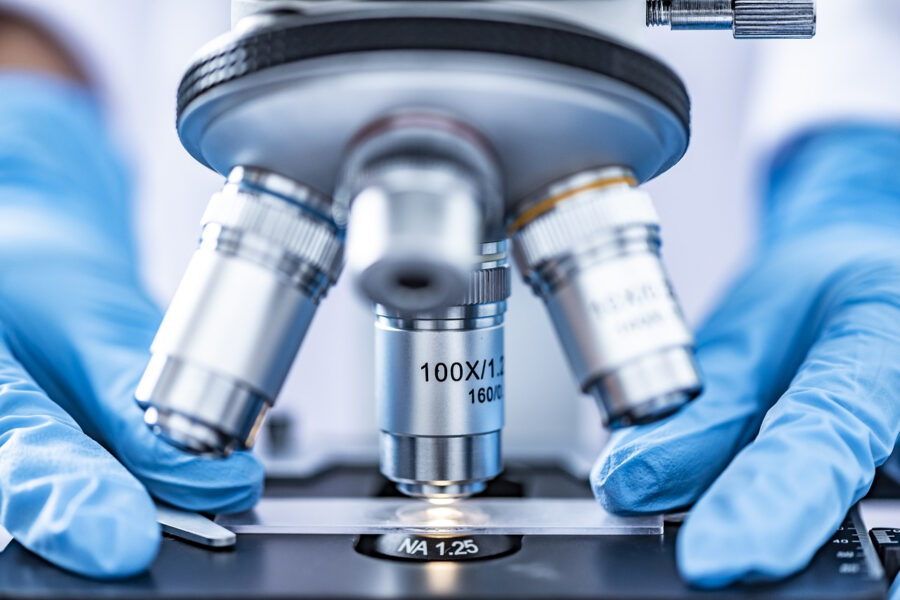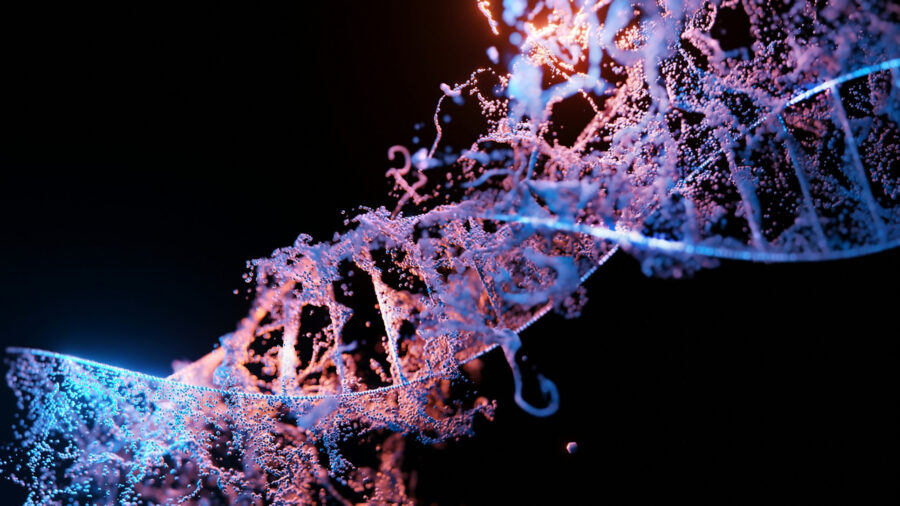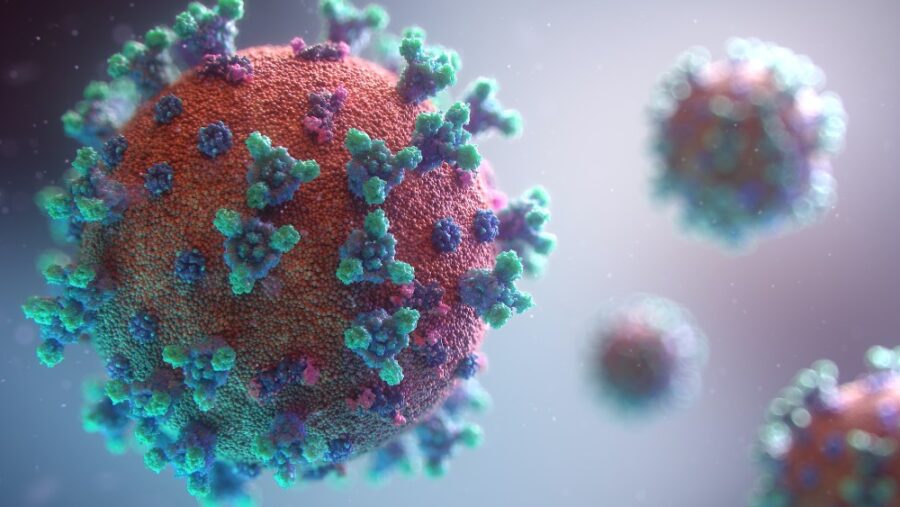New Genes, New Diseases: The Potential Sci-Fi Horror Of CRISPR

Ah, CRISPR–of all the futuristic technologies transforming our era into a veritable sci-fi movie, this gene editing tool might be the most impressive. And the most terrifying. Why? Because, although a revolutionary tool for genetic editing, a biotechnological ability to precisely alter DENA sequences, this modern scientific marvel could also result in the creation of new diseases and viruses.
CRISPR’s Cons Could Someday Outweight Its Pros

Don’t get us wrong: this piece of biotech is a tremendous asset, a kind of superpower in the fight against genetic disorders. It can also significantly spur biotech advances in crop resilience. Yet understandably, such unprecedented power renders CRISPR (or CRISPR-Cas9, as scientists technically refer to it) the subject of intense ethical debate and scientific concern.
Particularly given that its misuse or misapplication could unleash a sci-fi horror scenario: new viruses, completely unstudied, leaping from the lab to the public.
Before panicking, however, it’s important to understand the genome-editing tool behind this potential horror show.
What Is CRISPR?

Allowing experts to literally edit parts of a genome by removing, adding, or altering sections of the DNA sequence, Cas9 remains faster, cheaper, more accurate, and more efficient than any other existing, competing genome editing method. Scientists have heralded CRISPR as an enormous breakthrough in the field; its potential applications reach far and wide, particularly in the application to human health and agriculture.
But like any massive technological advance, such a sci-fi-centric tool entails a dual-use dilemma.
By dual-use dilemma, we mean when tech offers both beneficial and harmful uses, often in equal measure. Probably, no scientific breakthrough embodies this more than atomic energy; AI also comes to mind. As does Cas9–and the significant risks it poses.
Bioerrorism Is A Real Concern

Of course, the primary intention behind the development of CRISPR is benign enough: to benefit humanity. But if genetic scientists across the globe share common concerns over potential misuse, we should all pay attention. Whether through actual bioterrorism–or “bioerrorism,” an innocent but catastrophic mistake in the lab–the tech demands robust oversight.
In fact, the potential for unintended consequences is what keeps the experts up at night the most.
Potential Mistakes Could Be Cataclysmic

Cas9 is famously precise–most in the biotechnology community revere its accuracy. But these scientists also factor in unintended consequences, especially off-target effects, in which CRISPR unintentionally alters DNA outside the intended site. This eventuality, however remote, could result in harmful mutations and the creation of novel pathogens.
The consequences would and could be inadvertently produced organisms possessing properties experts can neither forecast nor control, which is very scary.
The Threat Of Being Used As A Weapon

Then there’s the ever-present threat of bioterrorism, especially given the technology’s appreciating accessibility. Regulators and scientists fear biotech could be harnessed by the wrong hands and employed to engineer viruses or bacteria deadlier and more resistant to current treatments, and even targeted to specific genetic populations.
This would translate to gene editing more generally, and CRISPR specifically, constituting potential weapons of mass destruction.
Universal Regulation Is Necessary

It doesn’t help that regulating the gene-editing tool amounts to a marked challenge.
The international community does not have it easy: contemporary regulations are fractured, disparate, and vary vastly by country. This dilemma ensures comprehensive oversight is difficult.
A lack of uniformity in governance means loopholes–exploitable flaws for bad actors seeking to wield the biotechnology toward nefarious ends.
Ultimately, then, to stave off the real-life sci-fi horror film such a technology could introduce, regulation and cooperation surrounding CRISPR are of paramount importance.












